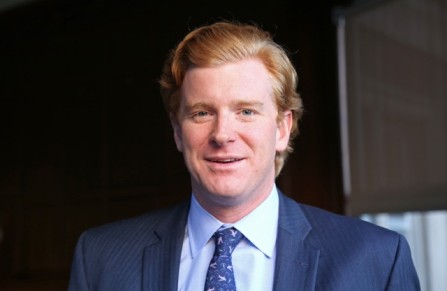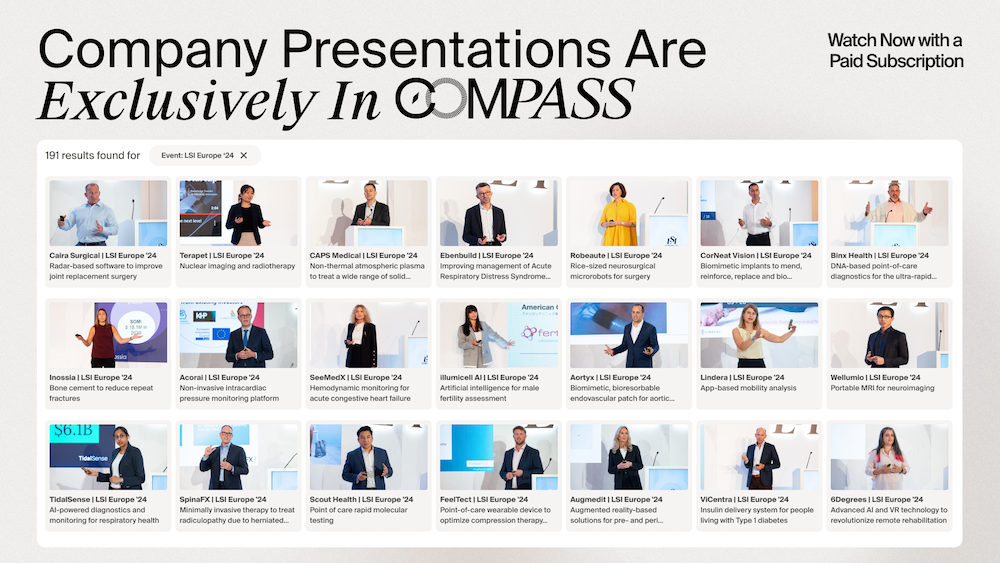- Video Library
- Ward Detwiler, SpinTech MRI - Addressing Challenges to MRI | LSI Europe '22
Ward Detwiler, SpinTech MRI - Addressing Challenges to MRI | LSI Europe '22
shaping the future of
Medtech at LSI USA ‘26
Waldorf Astoria, Monarch Beach

Ward Detwiler
Ward Detwiler is experienced in entrepreneurial leadership and the commercialization of advanced and healthcare technology from concept to market. Before joining SpinTech, Ward consulted and led commercialization strategies for Genus Technologies, Sextant Innovations and Henry Ford Health System Innovations. Ward earned his MBA from the University of Michigan – Ross School of Business and his bachelor’s in economics from Northwestern.
Ward Detwiler
Ward Detwiler is experienced in entrepreneurial leadership and the commercialization of advanced and healthcare technology from concept to market. Before joining SpinTech, Ward consulted and led commercialization strategies for Genus Technologies, Sextant Innovations and Henry Ford Health System Innovations. Ward earned his MBA from the University of Michigan – Ross School of Business and his bachelor’s in economics from Northwestern.

17011 Beach Blvd, Suite 500 Huntington Beach, CA 92647
714-847-3540© 2026 Life Science Intelligence, Inc., All Rights Reserved. | Privacy Policy







